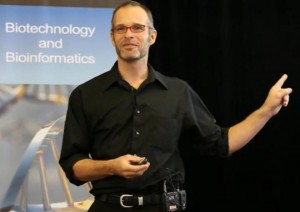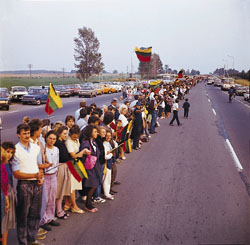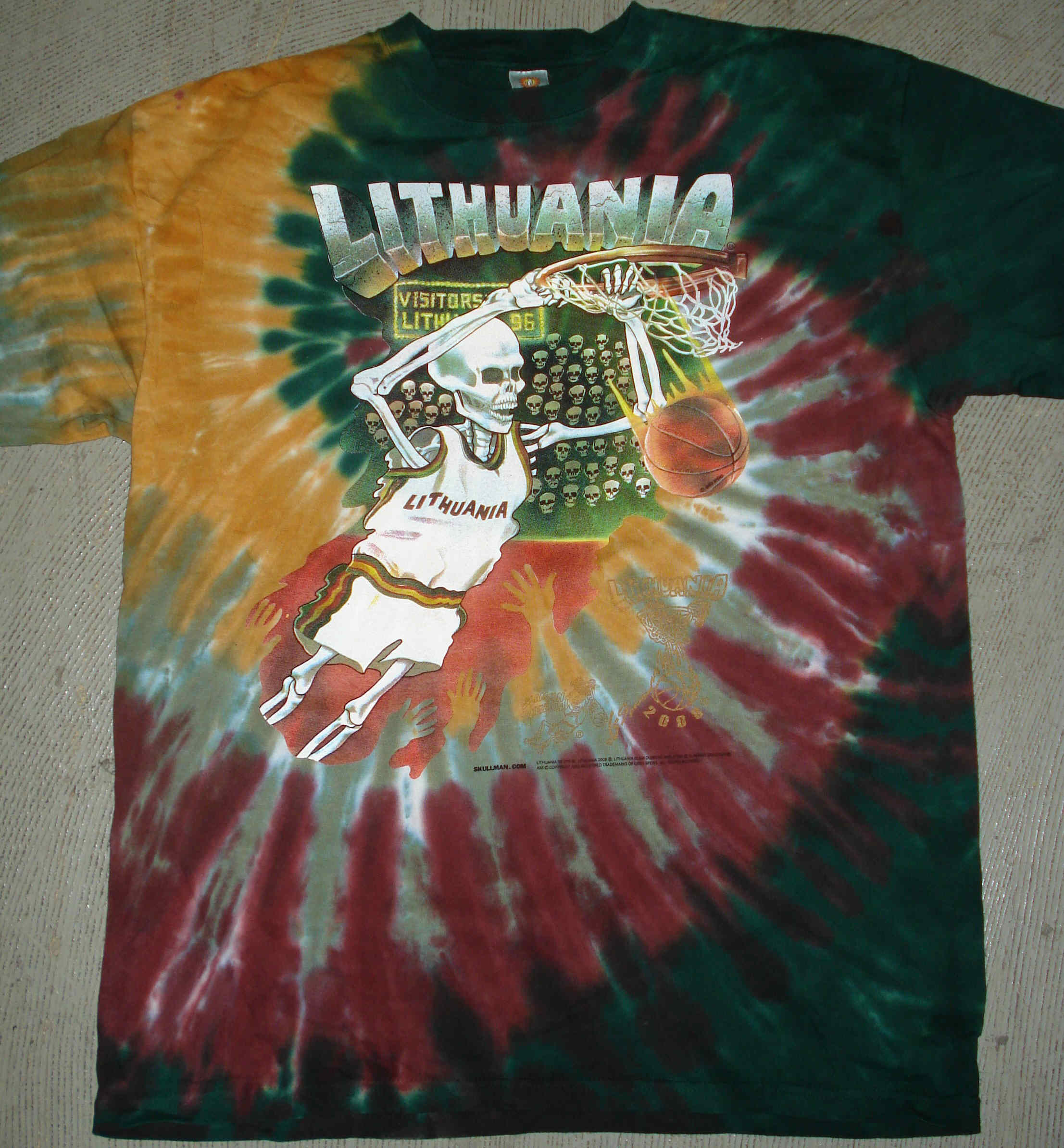 |
| The fantastic organizers - note how everybody is so young (source: flickr) |
It is incredibly easy for a student to learn from these "talks". I can regularly sit down on my couch, turn on my Xbox 360, open Netflix and find an interesting topic to learn about. One talk takes maybe 15 minutes of your time and there are over a thousand to choose from! (There is a Seinfeld episode for every social situation, a Mythbusters episode for every good story, and now a "TED talk" for every intelligent discussion) So take yourself back twenty years and listen to this prediction: "Couch + television + gaming console will be the perfect medium for students to watch lectures on business, science, culture, and ethics. Young adults and teenagers, of their own volition, will watch these lectures, talk about them, and be inspired." Even today you probably don't believe it, but it is completely true.
Segueing into this recent event I attended, independent TED events have been popping up everywhere. The people who run TED realized that other people were getting really excited about the concept. They created the TEDx brand, setting up guidelines for anyone to independently host a proper conference. People in nearly every major country (with notable exceptions) are hosting events now, and lots of them. You can see for yourself on this map of upcoming conferences from the TEDx website, where the red X indicates a sold-out event.
So the TEDx event in Vilnius took place on October 6th. While TED's slogan is "ideas worth spreading", TEDxVilnius took that in a different direction. The organizers wanted to move beyond ideas and focus on results, and so the event's catchphrase became "Hungry for Action". Speakers were asked to bring their subject into the context of a growing intellectual and entrepreneurial spirit in Lithuania. It is a country in the infancy of its modern independence with one of the most highly educated young populations in the world. People are indeed hungry for action here, and the speakers did their best to deliver.
Segueing into this recent event I attended, independent TED events have been popping up everywhere. The people who run TED realized that other people were getting really excited about the concept. They created the TEDx brand, setting up guidelines for anyone to independently host a proper conference. People in nearly every major country (with notable exceptions) are hosting events now, and lots of them. You can see for yourself on this map of upcoming conferences from the TEDx website, where the red X indicates a sold-out event.
So the TEDx event in Vilnius took place on October 6th. While TED's slogan is "ideas worth spreading", TEDxVilnius took that in a different direction. The organizers wanted to move beyond ideas and focus on results, and so the event's catchphrase became "Hungry for Action". Speakers were asked to bring their subject into the context of a growing intellectual and entrepreneurial spirit in Lithuania. It is a country in the infancy of its modern independence with one of the most highly educated young populations in the world. People are indeed hungry for action here, and the speakers did their best to deliver.
From Saturday morning until late evening, many people spoke on a wide variety of social, cultural, and scientific topics (women in science, the effect of foreign media in Lithuania, a perspective on the 2008 economic crisis). There were artists, musicians, businessmen and scientists who all had something meaningful to share. Being a junky for speeches on science and tech, here were a couple of my favorites, who formed an impromptu one-two punch on the future of the technology industry:
 |
| Andrew Hessel (source: singularityhub.com) |
- Self-proclaimed "genomic futurist" Andrew Hessel took the conference into the future in his discussion of biotechnology and genetic engineering. Hessel is an American microbiologist and geneticist who has dedicated his life to the advancement of genomics. At TEDxVilnius, he described the blurring line between men and machines, as scientists begin treating DNA like a programming language. By controlling DNA, scientists are able to radically change life and even custom-build new lifeforms in the interest of modern medicine. Hessel also described the ongoing and breathtaking advancements being made in computer "intelligence". As computer capabilities increase exponentially, computers will be able to help scientists achieve new breakthroughs across the board.
 |
| Paulias Briedis (source: vz.lt) |
- While Hessel's speech was incredibly cool, it took a Lithuanian to bring the technology sector back home. Paulius Briedis made a huge impression when he challenged Lithuanians to compare their technology industry to Japan's. A young guy himself, Briedis recently went hitchhiking through Japan for three years. Along the way, he made the observation that the research being done on robotics was happening in university laboratories. Lithuania's own university system is fairly advanced, and its student workforce highly motivated, leading Briedis to conclude there was no good reason for Lithuania to be left out of the tech sector while the Japanese flourish. Briedis focused in on AI and robotics as sectors that Lithuania could master, if only given the chance. He is not just talking about it, but rather he is living it: this last spring he co-founded a robotics start-up company that builds 3D printers and scanners, and writes curricula for inventive teachers and students. Briedis also has plans to open a school where robotic programming and engineering are a major part of the curriculum.
Speeches like Hessel's and Briedis' made TEDxVilnius worth the early Saturday morning. They were one part inspiration, one part rallying call. If enough Lithuanians believe in people like Briedis, then 20 years from now we could be looking at a booming robotic/technology sector in the Baltic region. You could feel this raw potential energy hanging around the auditorium that Saturday; on that note, what may be the most invigorating part of living in Lithuania is the inspiring freshness of people's ideas. Everything is new, few concepts have been tried before. You stand at a reception like the ones between speeches at TEDxVilnius, and you can see the Lithuanians who have fire in their eyes - who are ready to take ownership of their country and their ideas and do something great. It was pretty cool.




